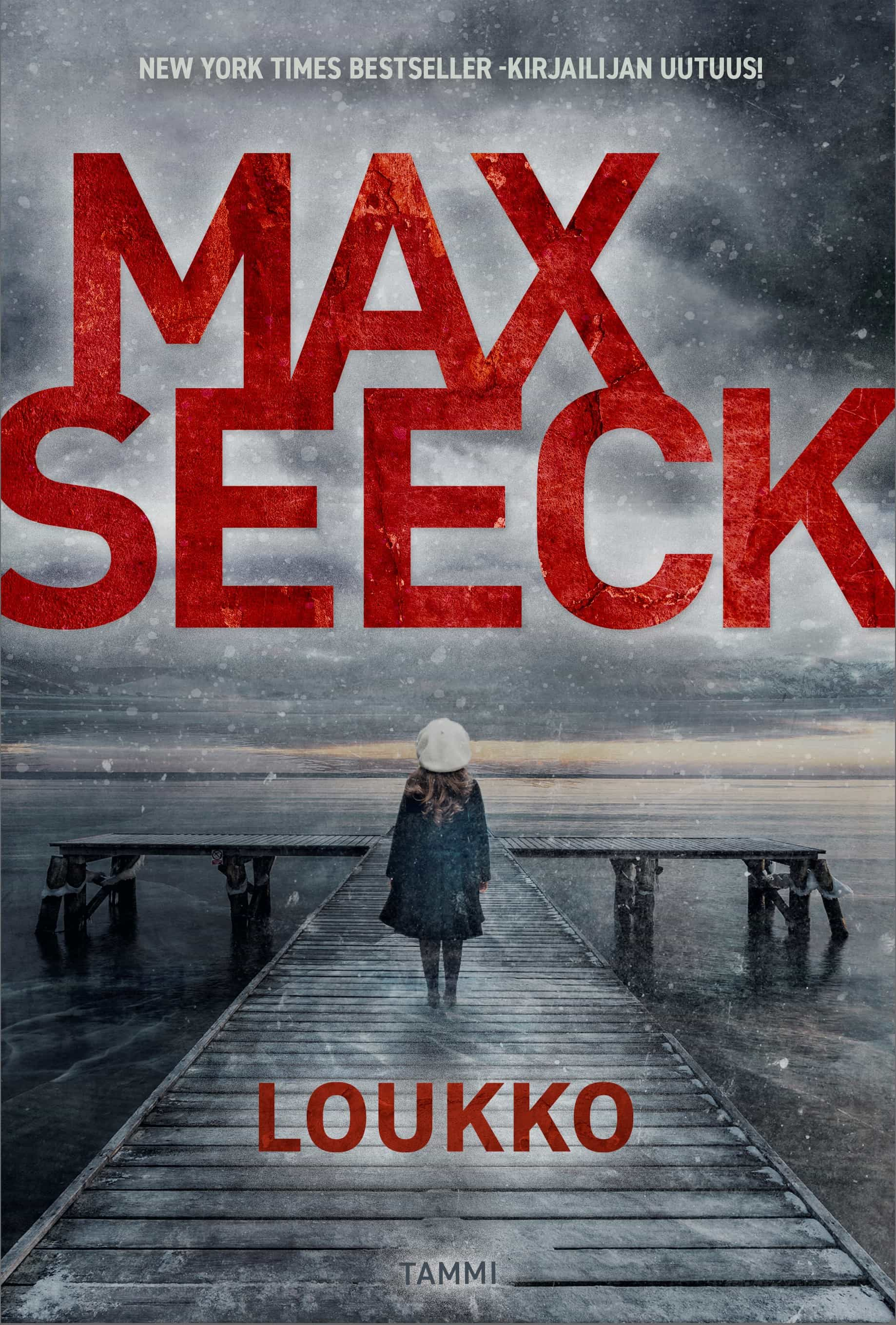The secret to longevity – why do we seek it?
✓ A narrative non-fiction title by the award-winning popular science author
✓ Author of Me, My Dog and Humanity, sold to Germany and the Netherlands!
✓ For readers Yuval Noah Harari and Rutger Bregman
Science is developing at an even faster pace, and people are living longer and longer. With what methods has humanity over time fought against aging and death, and what methods will be used in the future?
Tiina Raevaara’s book weaves together the beginnings of scientific history, vampire stories, as well as the discoveries of stem cell treatment and gene editing. It dives into the cryotank and asks whether the vision of a lengthy life is still worth pursuing. If humanity accepted that they are part of all things organic – both living and dead – could we finally get rid of all the exhaustion, anxiety and need to rush?

 Loukko by
Loukko by 